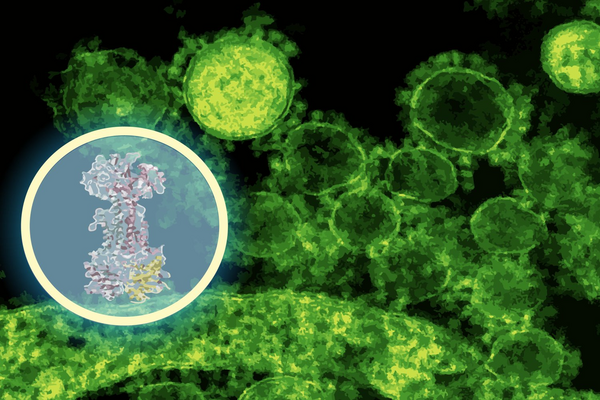Scientists Develop AI-Discovered Antibiotic That Targets Crohn's Disease Bacteria While Preserving Healthy Gut Microbes

Summary
MIT and McMaster University researchers use AI to discover enterololin, a revolutionary narrow-spectrum antibiotic that targets harmful gut bacteria causing Crohn's disease while preserving beneficial microbes, showing promising results in mouse studies and advancing toward human trials.
Key Points
- MIT CSAIL and McMaster University researchers discover enterololin, a narrow-spectrum antibiotic that targets harmful gut bacteria linked to Crohn's disease while preserving beneficial microbes in the microbiome
- Scientists use DiffDock, a generative AI model, to map the drug's mechanism of action in months rather than the typical years, predicting it binds to the LolCDE protein complex that transports lipoproteins in bacteria
- Mouse studies show enterololin effectively treats Crohn's-like inflammation by targeting E. coli bacteria specifically, with the compound now licensed by Stoked Bio for potential human clinical trials within the next few years